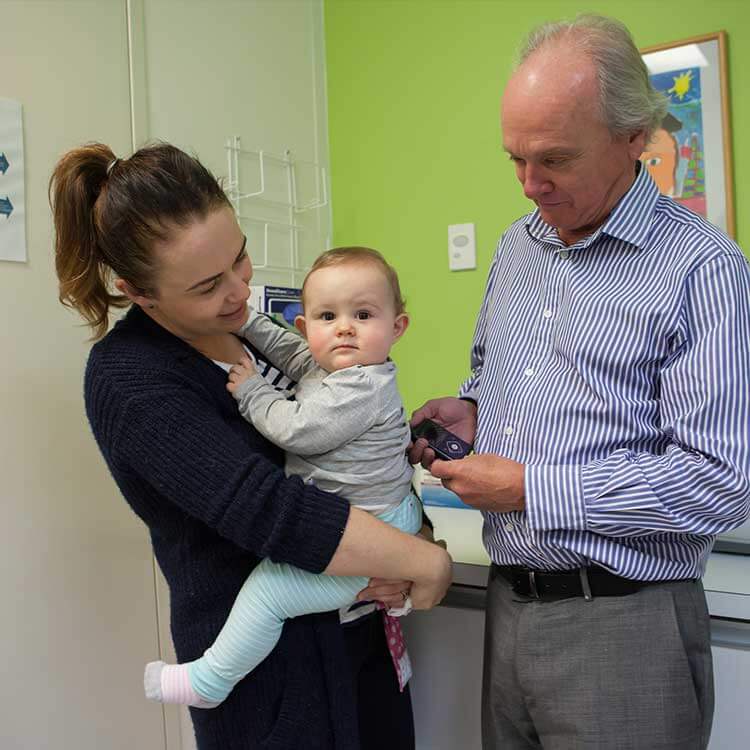Search
Research
Risk factors for decline in IQ in youth with type 1 diabetes over the 12 years from diagnosis/illness onsetThis study examined illness-related change in intelligence quotient (IQ) in a cohort of youth with type 1 diabetes studied prospectively from disease onset...
Research
School performance in children with type 1 diabetes: a contemporary population-based studyOur aim was to examine the school performance of children with type 1 diabetes in comparison to their peers, exploring changes over time, and the impact of...
Research
Long-term outcome of insulin pump therapy in children with type 1 diabetes assessed in a large population-based case-control studyWe determined the impact of insulin pump therapy on long-term glycaemic control, BMI, rate of severe hypoglycaemia and diabetic ketoacidosis (DKA) in children.
Research
The effect of midday moderate-intensity exercise on postexercise hypoglycemia risk in individuals with type 1 diabetesRecently we reported a biphasic increase in glucose requirements to maintain euglycemia after late-afternoon exercise, suggesting a unique pattern of delayed...
Research
A population-based study of risk factors for severe hypoglycaemia in a contemporary cohort of childhood-onset type 1 diabetesThe aim of this study was to examine the incidence rates and risk factors associated with severe hypoglycaemia in a contemporary cohort of children and...
Research
Early loss of the glucagon response to hypoglycemia in adolescents with type 1 diabetesThe objective was to assess the glucagon response to hypoglycemia and identify influencing factors in patients with type 1 diabetes compared with nondiabetic...
Research
Hypoglycemia does not change the threshold for arousal from sleep in adolescents with type 1 diabetesIn adolescents with type 1 diabetes, hypoglycemia does not impair arousal from slow-wave sleep induced by an external auditory stimulus.
Research
Increasing the low-glucose alarm of a continuous glucose monitoring system prevents exercise-induced hypoglycemiaThe use of continuous glucose monitoring systems (CGMSs) with low-glucose alarms is advocated as a means to decrease the risk of hypoglycemia in type-1 Diabetes

The Children's Diabetes Centre's research into Type 1 diabetes, childhood onset Type 2 diabetes and obesity aims to improve the lives of children and adolescents affected by these conditions.
Research
Exercising Safely with Type 1 Diabetes – Development of Clinical GuidelinesOur research focuses on what are the best ways for patients with Type 1 Diabetes to exercise safely. We aim to develop clinical guidelines that provide improved advice for patients and educate patients on how to prevent hypos during and after exercise.
